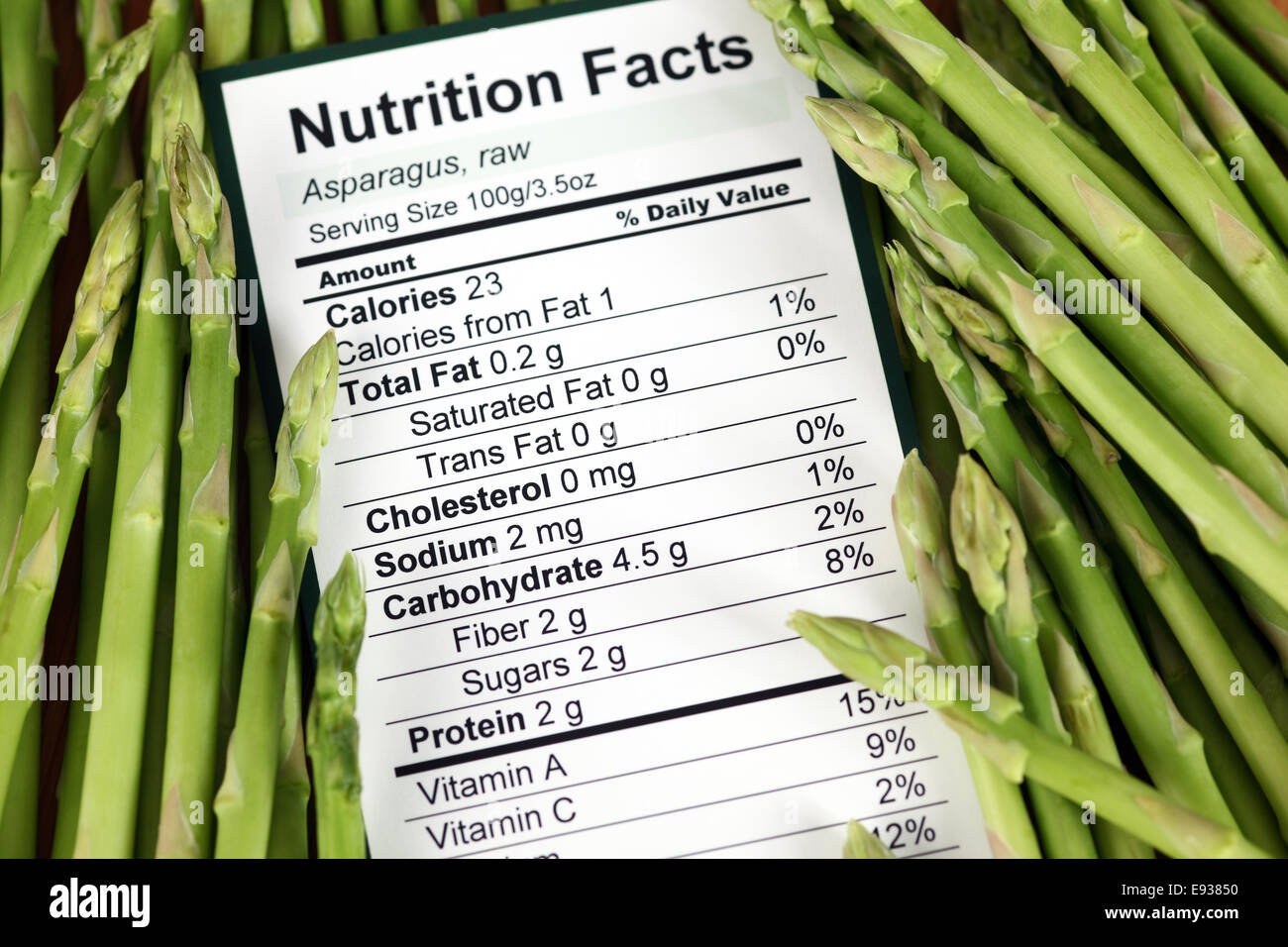
Asparagus stands out as a highly nutritious vegetable, renowned for its health benefits and versatile use in various dishes. This green vegetable asparagus nutrition, valued for its distinct taste and texture, is packed with essential nutrients, including vitamins, minerals, antioxidants, and dietary fiber, all of which contribute to maintaining overall health and wellness.
One of the key nutritional highlights of asparagus is its high vitamin content. It is particularly rich in vitamin K, which plays a crucial role in blood clotting and bone health. A serving of asparagus can provide a significant percentage of the recommended daily intake of vitamin K, which supports strong bones and helps ensure effective clotting. Additionally, asparagus is an excellent source of vitamin A, necessary for maintaining healthy vision, immune system function, and skin health. The vegetable also contains vitamin C, an antioxidant that aids in tissue repair, enhances immune defense, and improves the absorption of iron from plant-based foods.
In terms of minerals, asparagus offers a substantial amount of folate, a B vitamin essential for DNA synthesis and cell division. Folate is particularly important during periods of rapid growth, such as pregnancy. Asparagus also provides potassium, which helps regulate fluid balance, muscle contractions, and nerve function. It contains smaller amounts of iron, vital for oxygen transport in the blood, magnesium, which supports muscle and nerve function, and calcium, which is crucial for maintaining strong bones.
The dietary fiber content of asparagus is another notable aspect of its nutritional profile. Fiber is essential for digestive health as it aids in regular bowel movements and helps prevent constipation. Additionally, fiber supports a healthy gut microbiome, which can lower the risk of chronic diseases such as heart disease and type 2 diabetes. The fiber in asparagus also contributes to weight management by promoting feelings of fullness, thereby potentially reducing overall calorie intake.
Asparagus is rich in antioxidants, compounds that help protect the body from oxidative stress and inflammation. It contains a variety of phytochemicals, including flavonoids, polyphenols, and saponins, which neutralize free radicals and reduce oxidative damage. These antioxidants are important in lowering the risk of chronic diseases, such as cancer and cardiovascular conditions, by safeguarding cells and tissues from damage.
Another significant feature of asparagus is its high water content, which accounts for about 93% of its composition. This high water content supports hydration and kidney function by helping to flush out waste products from the body and maintain proper fluid balance. Asparagus also contains asparagine, an amino acid with natural diuretic properties that further aids in the elimination of excess fluids.
Low in calories and possessing a low glycemic index, asparagus is an ideal choice for those managing their weight or blood sugar levels. Its minimal impact on blood glucose makes it suitable for individuals with diabetes or those aiming to stabilize their blood sugar levels.
Incorporating asparagus into meals can be both nutritious and flavorful. The vegetable can be prepared in a variety of ways, including steaming, grilling, roasting, or even eating raw. It complements a wide range of dishes, from salads and soups to stir-fries and pasta, adding both taste and nutritional value.
In summary, asparagus is a nutrient-rich vegetable that offers numerous health benefits. Its impressive profile of vitamins, minerals, fiber, and antioxidants contributes to overall well-being and supports various bodily functions. By including asparagus in your diet, you can enjoy its unique flavor while benefiting from its significant nutritional advantages.
